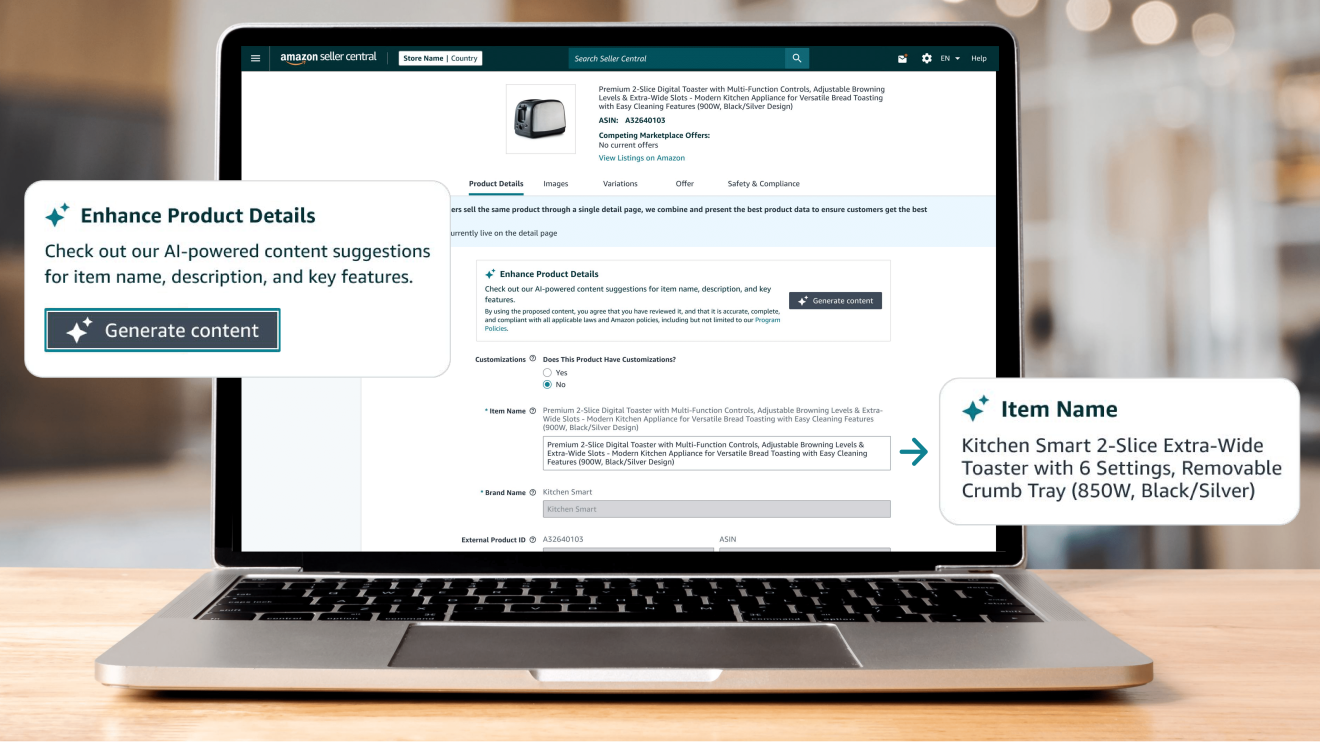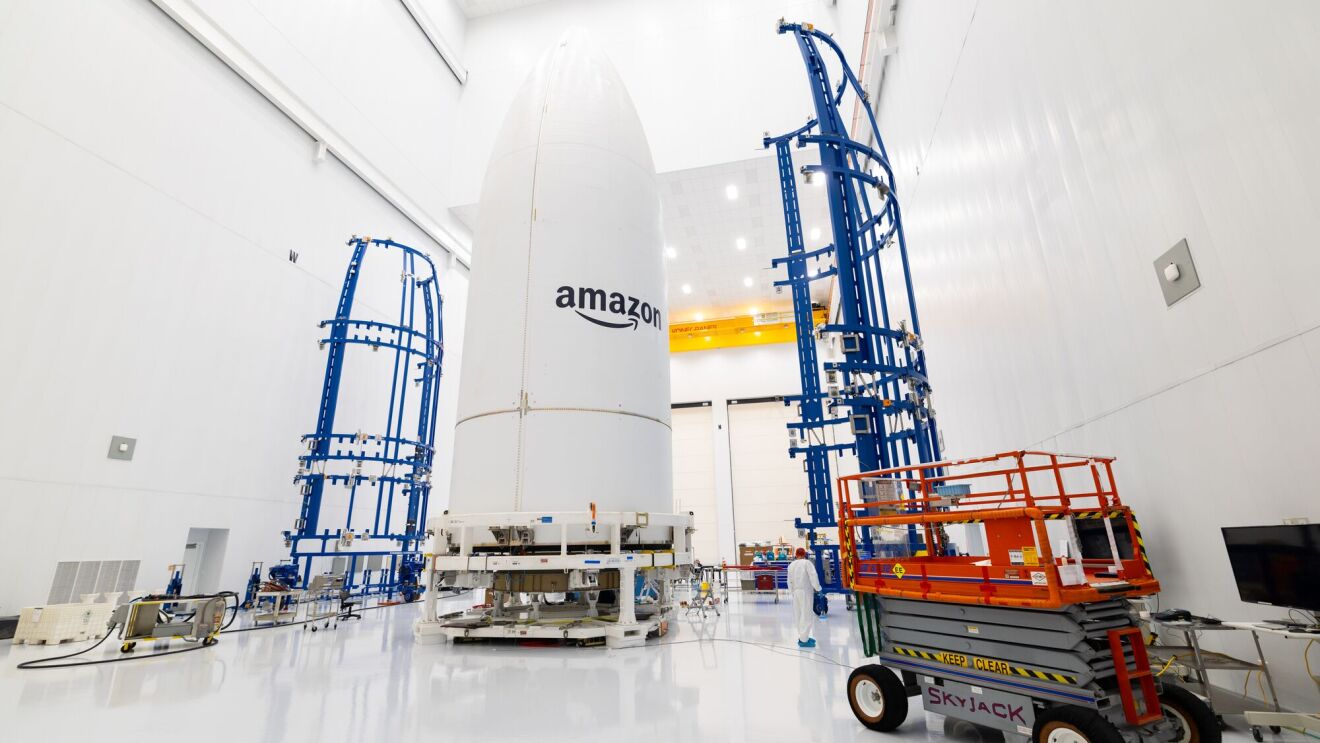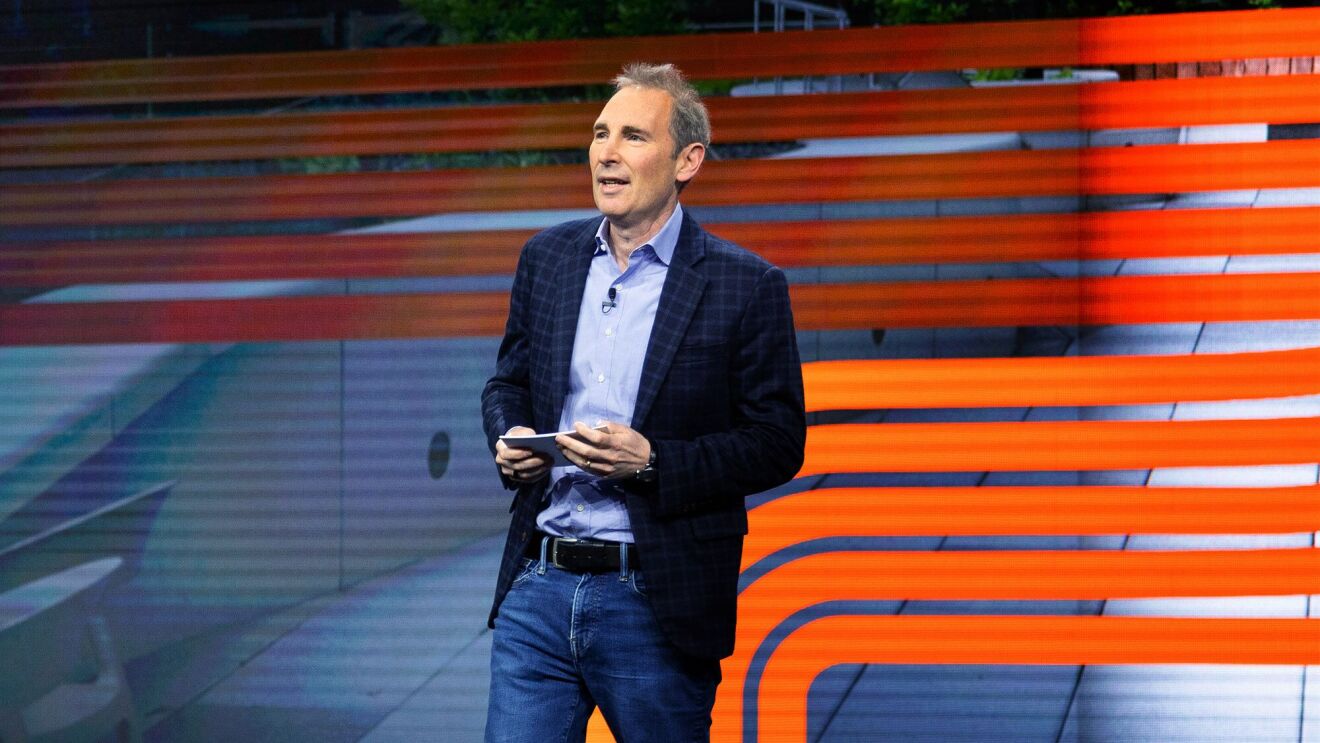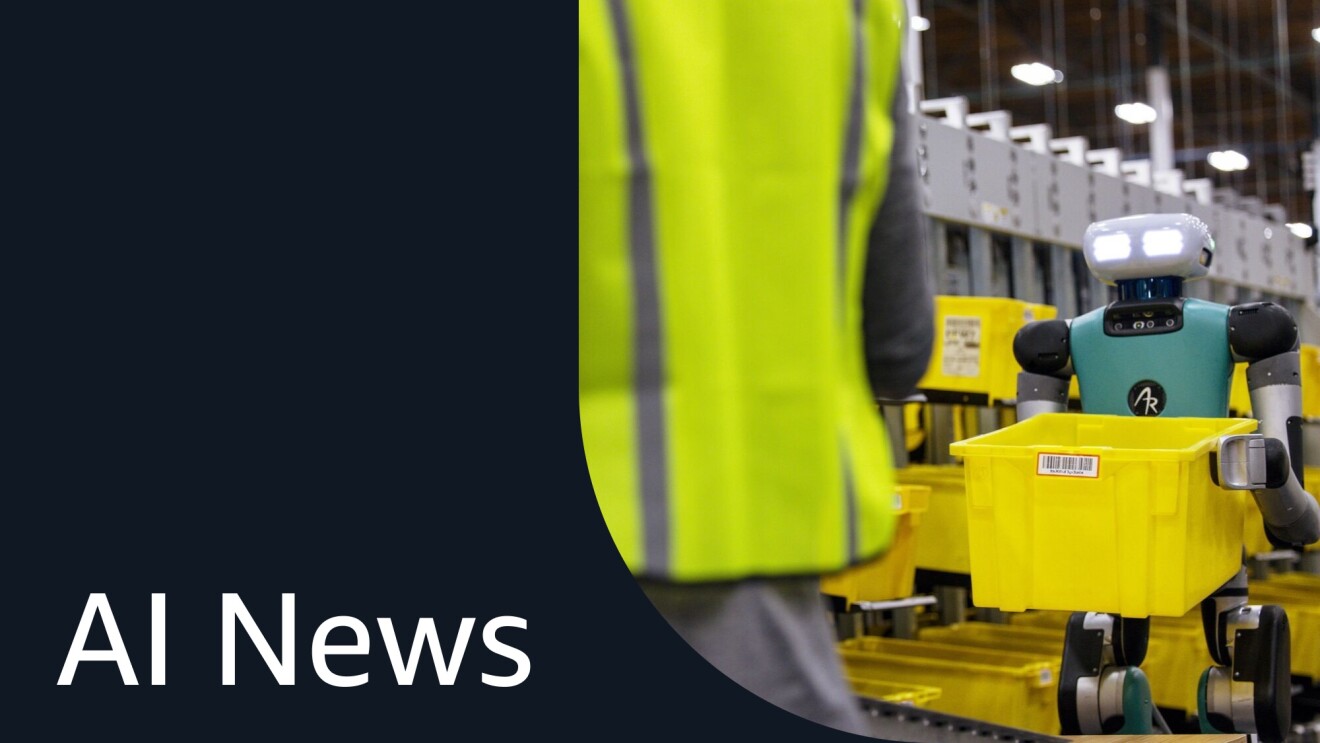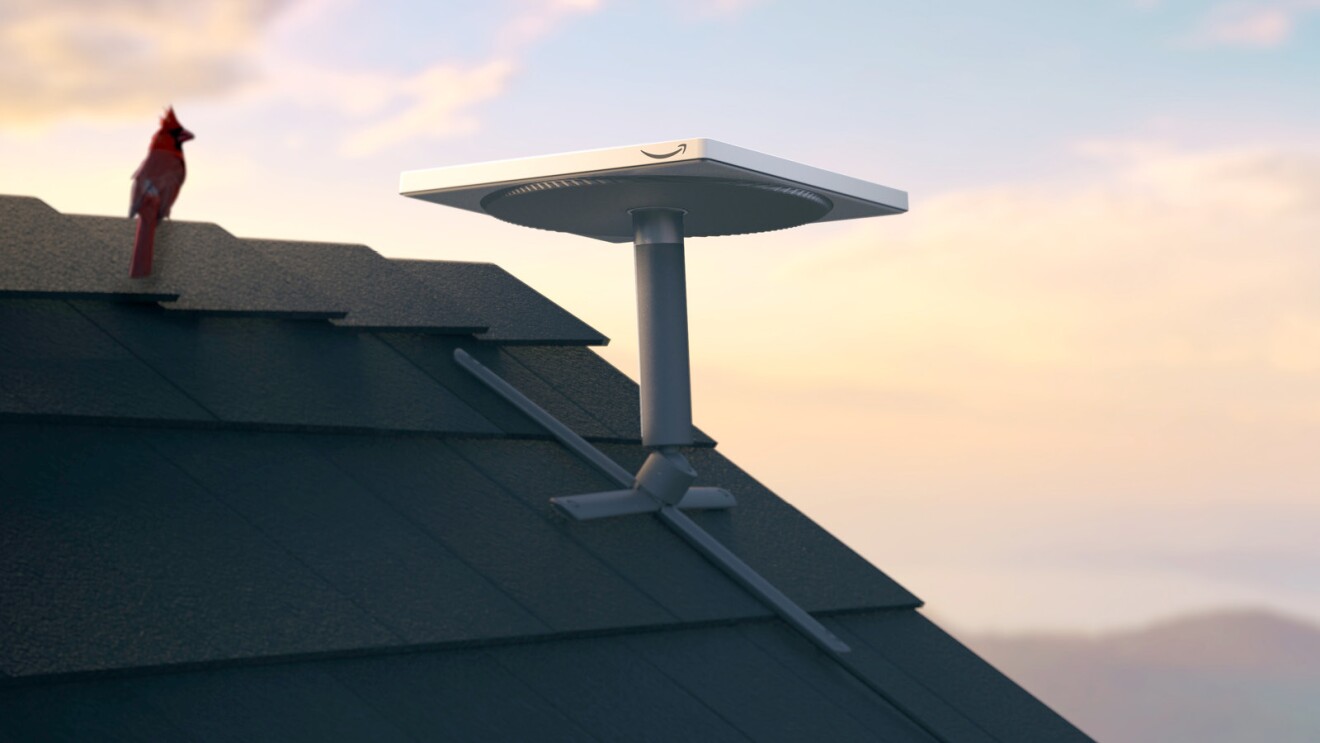In the lead-up to Project Kuiper’s first full-scale launch, Amazon is accelerating satellite production and testing at its new facility in Kirkland, Washington. The facility, which opened in April, serves as the manufacturing hub for the satellites that will form Project Kuiper’s low Earth orbit constellation.
The Kirkland facility represents a major investment in cutting-edge aerospace manufacturing capabilities and job opportunities for Washingtonians, and it will play an important part in Project Kuiper’s mission to connect tens of millions of customers around the globe.
Scaling satellite production
The 172,000-square-foot factory is designed from the ground up to support Project Kuiper’s unique needs. The facility includes a wide variety of custom equipment required to manufacture and test space-grade hardware, including liquid nitrogen tanks that help quickly cool test chambers to temperatures found in space and robotic arms that help test and calibrate the advanced communications payload onboard each spacecraft. Project Kuiper considers most of the facility a clean space that requires special attire to protect the sensitive electronics from electrostatic discharge.
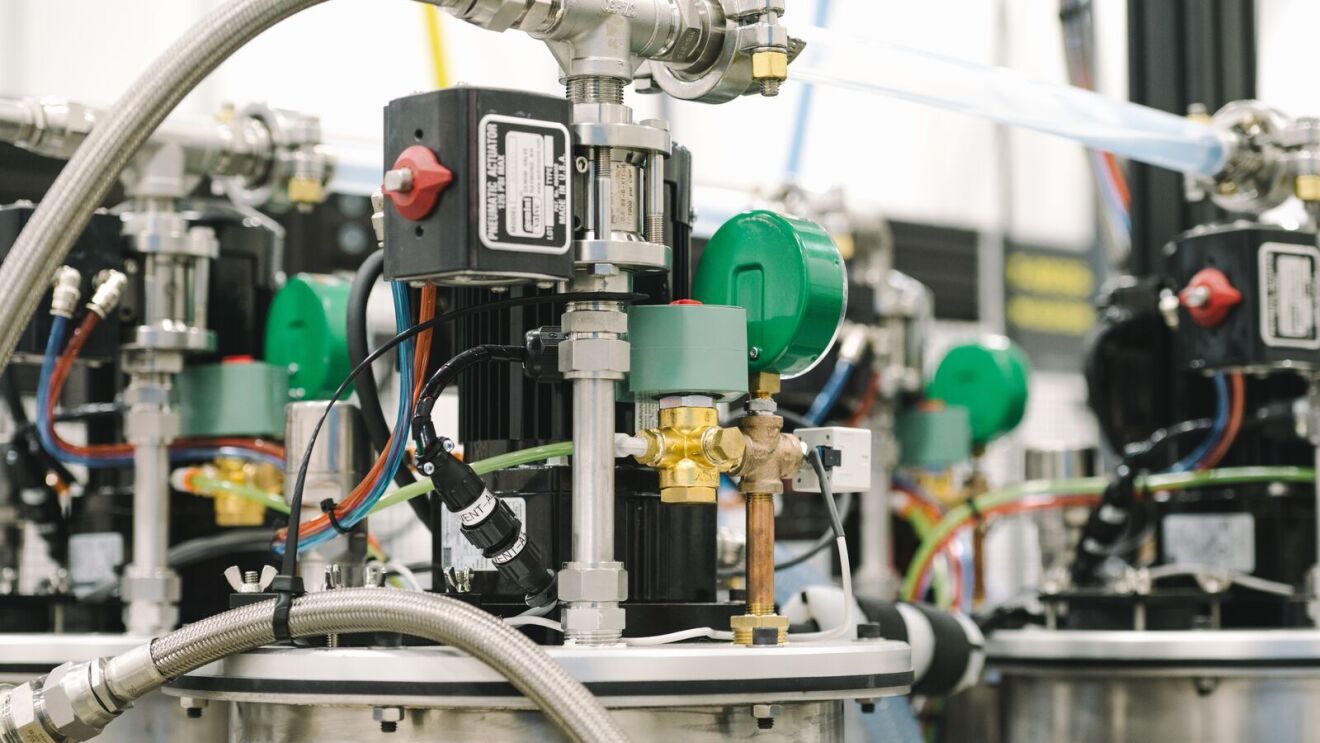 Equipment in Project Kuiper’s solar array assembly area.
Equipment in Project Kuiper’s solar array assembly area.Satellite materials arrive at the facility after a stop at Project Kuiper’s all-new logistics facility in nearby Everett. Proximity to our core research and development facility in Redmond, Washington, also allows for close collaboration between design, manufacturing, and production teams to support more rapid iteration on our satellite design. In fact, a core group of Project Kuiper engineers sits at the factory to enable real-time collaboration and troubleshooting.
At peak capacity, the factory will enable Project Kuiper to build up to five satellites per day. To meet that rapid cadence, the team has invented new, more efficient ways to test hardware without compromising the reliability and safety of our spacecraft. The innovative testing process we use at Kirkland has reduced the test time from months to days for individual satellites.
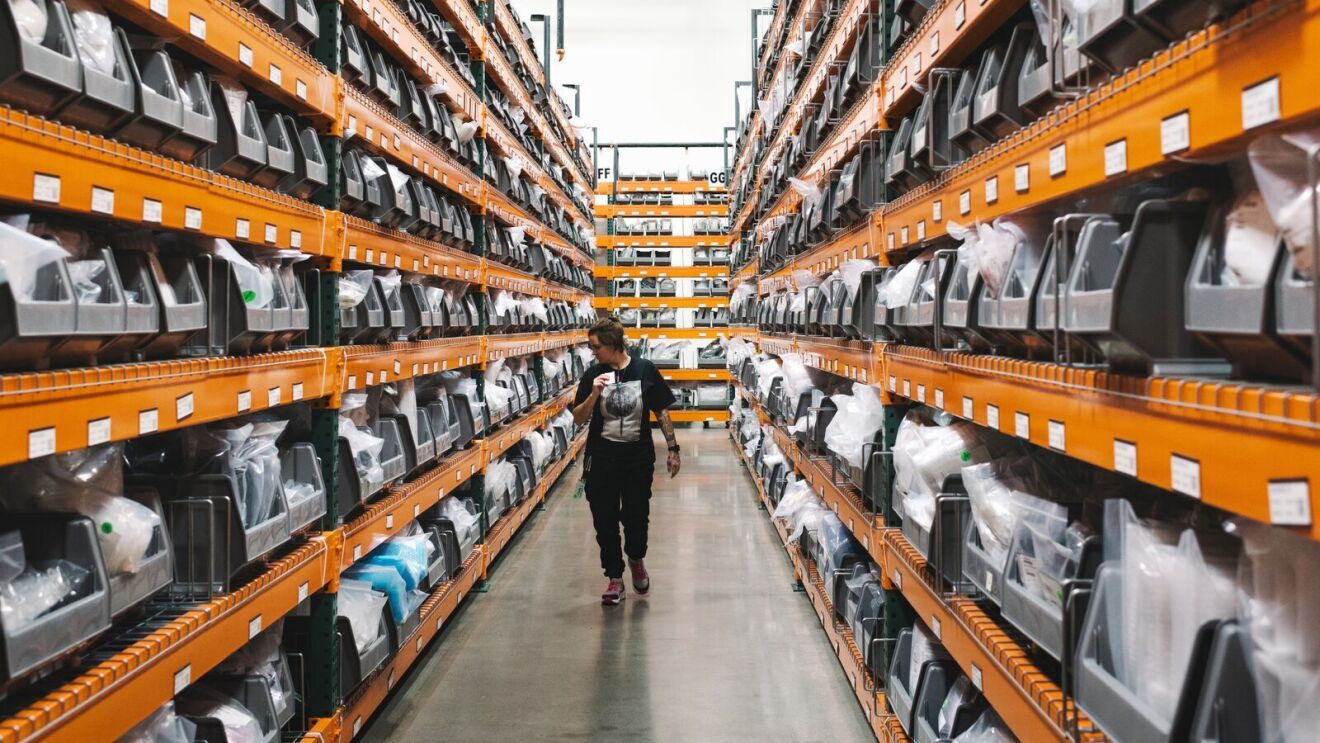 Warehouse space at Project Kuiper’s satellite manufacturing facility.
Warehouse space at Project Kuiper’s satellite manufacturing facility.“Building advanced communications satellites at this scale is incredibly complex, and we want to ensure every Kuiper spacecraft meets our standards for performance, reliability, and safety,” said Steve Metayer, Project Kuiper’s vice president of production operations. “The progress from the team is so impressive, and we now have the foundational pieces in place to ramp production ahead of a full-scale deployment. We can’t wait to get service to our customers as soon as possible.”
We will build and ship more than 3,000 satellites from this new facility in the years ahead to deploy our initial satellite constellation. Most of those satellites will head directly to our new processing facility at Kennedy Space Center in Florida, where they’ll be integrated with dispenser systems from Beyond Gravity and rocket fairings from Blue Origin, United Launch Alliance (ULA), and SpaceX ahead of launch. The others will ship to the Guiana Space Center in French Guiana, where they’ll launch onboard the all-new Ariane 6 rocket from Arianespace.
We expect to ship our first completed production satellites this summer, and we’re targeting our first full-scale Kuiper mission for Q4 aboard an Atlas V rocket from ULA. We will continue to increase our rates of satellite production and deployment heading into 2025, and we remain on track to begin offering service to customers next year.
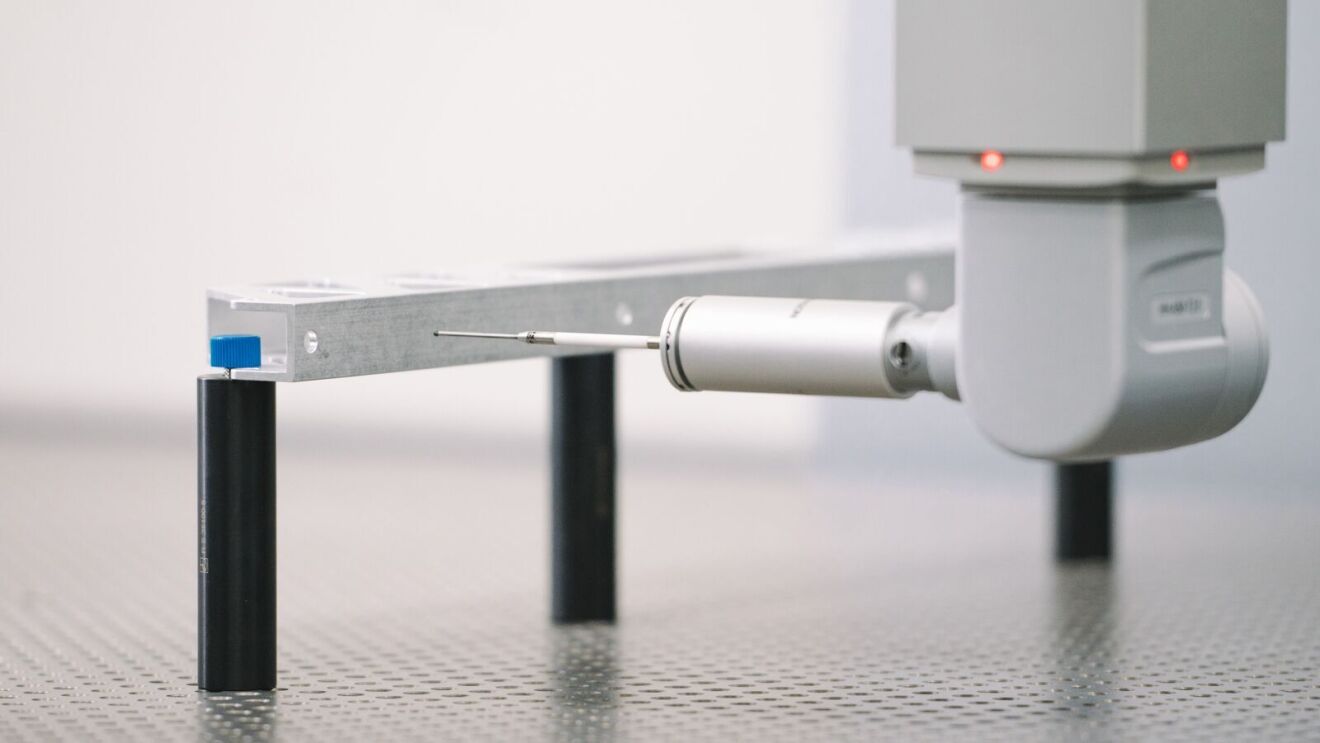 Project Kuiper uses probes as part of the quality control process for machine-tooled satellite components.
Project Kuiper uses probes as part of the quality control process for machine-tooled satellite components.Driving innovation and job creation in Washington
Our factory in Kirkland is part of Project Kuiper’s broader investment and presence in the Puget Sound, and part of Amazon’s commitment to the local community and to creating good jobs that offer industry-leading pay, benefits, and access to programs that help ensure Amazon is a great place to work for all of our employees. We have already hired more than 120 employees to operate the factory—more than halfway toward our goal of creating 200 high-skilled manufacturing jobs. To help meet the demand for this specialized workforce, we have partnered with the Lake Washington Institute of Technology to develop a new satellite manufacturing certification program aimed at cultivating a local talent pipeline. There are also 190 suppliers located in Washington state that support our manufacturing operations.
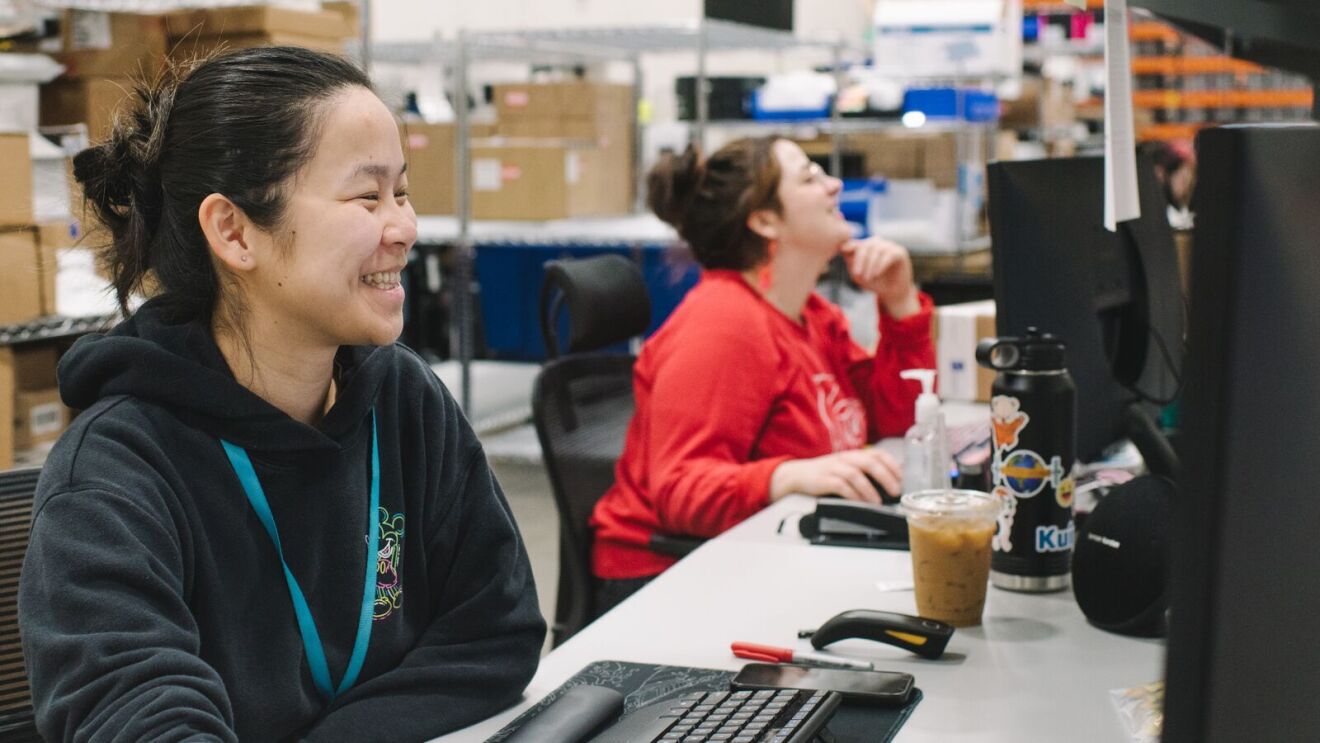 Team members in Project Kuiper’s onsite warehouse and logistics space.
Team members in Project Kuiper’s onsite warehouse and logistics space.We’re grateful for the support from national, state, and local leaders like Senator Maria Cantwell, Washington Governor Jay Inslee, and Kirkland Mayor Kelli Curtis, who are excited to see Project Kuiper and the communities around Puget Sound contribute to creating jobs and helping close the digital divide.
“We thank Senator Cantwell, Governor Inslee, Mayor Curtis, and other local leaders for their partnership and share their commitment to closing the digital divide for all residents of the Evergreen State,” said Brian Huseman, vice president of Public Policy and Community Engagement at Amazon. "Project Kuiper is also creating an entirely new category of advanced manufacturing right here in Amazon’s home state. We're proud to tap into the exceptional local talent pool."
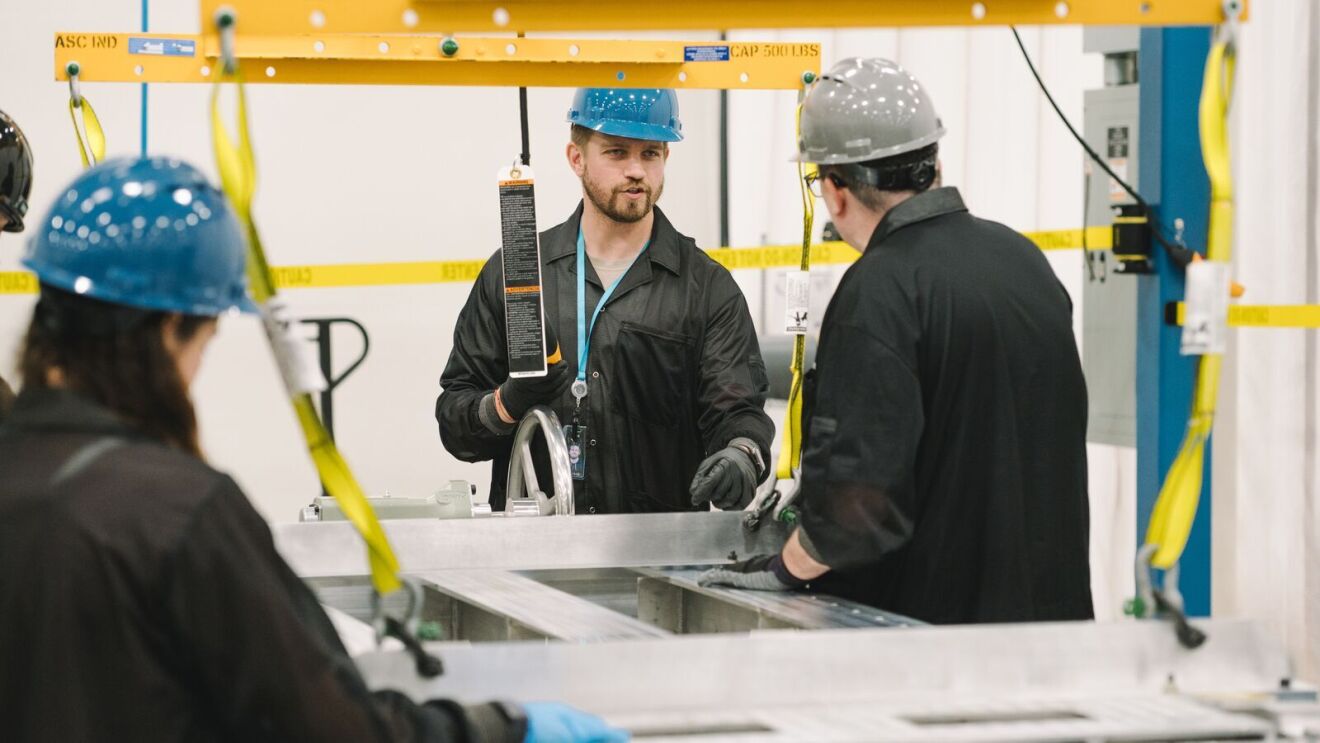 Team members prepare to move satellite components on the factory floor.
Team members prepare to move satellite components on the factory floor.“Washington state is home to many innovative companies, and I’m pleased that Project Kuiper is helping spur advanced manufacturing, and providing good-paying jobs while expanding access to affordable and high-speed broadband,” said Governor Inslee.
"On behalf of the City of Kirkland, I am grateful to Amazon for continuing to support our local economy. Manufacturing satellites locally contributes significantly to our city’s economic growth and continues to open new doors of opportunity for those who call Kirkland home. We are grateful for Amazon's partnership and focus on upskilling our workforce, and continuing to ensure Kirkland’s place in our regional space economy,” said Kirkland Mayor Kelli Curtis.
Trending news and stories
- Amazon unveils 7 new robots powering faster, safer deliveries: Go inside our most innovative delivery station yet
- Introducing Vulcan: Amazon's first robot with a sense of touch
- This new AI tech will make sorting packages easier for Amazon's delivery station employees
- 15 photos from Project Kuiper's first launch of low Earth orbit satellites




